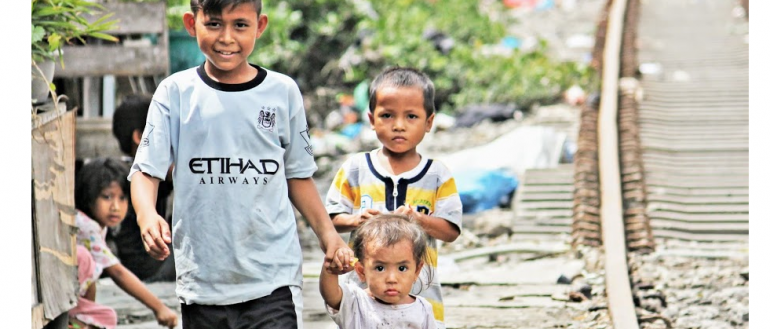Funders:
- NHMRC Clinical Trials and Cohort Studies Grant: GNT1182950
Photo credits:
- Pearl Gan in association with OUCRU, Vietnam and EOCRU, Indonesia.
- EFFORT Clinical Trial Newsletter #11 - 23 April 2024
- EFFORT Clinical Trial Newsletter #10 - 14 December 2023
- EFFORT Clinical Trial Newsletter #9 - 29 August 2023
- EFFORT Clinical Trial Newsletter #8 - 15 June 2023
- EFFORT Clinical Trial Newsletter #7 - 12 December 2022
- EFFORT Clinical Trial Newsletter #6 - 7 September 2022
- EFFORT Clinical Trial Newsletter #5 - 3 August 2022
- EFFORT Clinical Trial Newsletter #4 - 27 April 2022
- EFFORT Clinical Trial Newsletter #3 - 22 December 2021
- EFFORT Clinical Trial Newsletter # 2 - 27 September, 2021
- EFFORT Clinical Trial Newsletter # 1 - 1 June, 2021
EFFORT clinical trial:
Effectiveness of novel approaches to radical cure with tafenoquine and primaquine
Aim:
To compare the effectiveness, safety, cost-effectiveness and feasibility of novel radical cure options.
Rationale:
There have been three major advances in the tools available to tackle P. vivax relapses recently: single dose tafenoquine1,2 , short course high dose primaquine3 and a novel quantitative point of care G6DP test4 5.
Whilst single dose radical cure with tafenoquine represents a major advance, there are concerns that the pivotal Phase 3 clinical trials were designed for non-inferiority to the low dose PQ regimen. There is increasing evidence that in many locations low dose primaquine is inferior to a high dose primaquine regimen. Now that G6PD diagnosis can be assured and short-course high-dose primaquine can be administered safely, there is an urgent need to compare the safety and effectiveness of these alternative treatment strategies.
Implications for policy and practice:
The safe and effective role out of radical cure has repeatedly been identified by National Malaria Control Programs as one of the major challenges moving towards malaria elimination6.
Our pragmatic randomised controlled trial will provide crucial evidence to determine the safety, effectiveness and feasibility of two novel treatment regimens for the radical cure of malaria and compare this to the current regimen recommended in most national antimalarial treatment guidelines.
Our prospective involvement of partners in the National Malaria Control Programs and the Vivax Working Group of the Asia Pacific Malaria Elimination Network (APMEN) will ensure that the outcomes of this trial will have direct relevance to policy makers and healthcare providers, both within the countries where this study will be undertaken and across the Asia Pacific, Horn of Africa and the Americas.
The study will contribute to:
- the adjustment and revision of treatment recommendations
- the evidence-based role out of radical cure.
Ultimately the endorsement and widespread deployment of safe and effective radical cure, will have a substantial impact on patients diagnosed with P. vivax malaria, ensuring that the ambitious target of eliminating malaria in the Asia Pacific by 2030 remains realistic and achievable.
Study title:
Effectiveness of novel approaches to radical cure with tafenoquine and primaquine (EFFORT).
Objectives:
Primary:
- To assess the effectiveness of a short-course of high dose primaquine (total dose 7mg/kg given unsupervised over 7 days) compared to the current standard low dose primaquine regimen (total dose 3.5mg/kg given unsupervised over 14 days).
Secondary:
- To assess the effectiveness of tafenoquine (single dose of 300mg) compared to the short-course high dose primaquine regimen.
- To assess the safety of tafenoquine compared to the high and low dose primaquine regimens.
- To assess the cost-effectiveness and feasibility of high dose primaquine and tafenoquine compared to the current low dose primaquine regimen.
Chief investigator:
Project manager:
Other investigators:
- Dr Benedikt Ley, Menzies School of Health Research
- Professor Ric Price - Menzies School of Health Research
Project dates:
The trial has commenced.
For further information, please email.

